Azerbaijan
APC joins in the calls for the charges against Khadija Ismayilova to be dropped and for sanctions to be adopted against top Azerbaijani government officials participating in jailing and torturing journalists and free speech activists.
The situation for Azerbaijani activists who work online did not improve after the IGF came to town in 2012. In fact, it actually became worse. APCNews talks to Gulnara Akhundova of International Media Support and Emin Huseynov from the Institute for Reporters’ Freedom and Safety about the impact one year later.
Between 22 April and 3 May 2013, the UN Human Rights Council held the 16th session of its Universal Periodic Review. APC, together with its members and partners, developed submissions for the inclusion of internet-related human rights issues in the recommendations made for the reviews of Azerbaijan, Cameroon, Canada and Colombia.
The International Partnership Group on Azerbaijan, of which APC is a member organisation, urges the UN to hold Azerbaijan to account during its Universal Periodic Review (UPR) for its failure to protect basic human rights.
Just months after the Internet Governance Forum, hundreds of people have demonstrated in Azerbaijan’s capital to express solidarity with recent protests in the central town of Ismayilli and denounce heavy police brutality. Some 40 participants were detained, including prominent blogger Emin Milli, investigative journalist Khadija Ismayilova and human rights defenders.
The 7th Internet Governance Forum (IGF) just drew to a close. Many views and analyses were published, most of them adopting a technical point of view. If you are interested in a slightly different take on the world’s most important internet governance encounter, consider reading up on GenderIT.org’s reports on gender peripheries of the IGF…
GenderIT.org explores the online safety of women human rights defenders from the perspective of national security and counter-terrorism. Despite the fact that online and offline security measures adversely impact on women’s and sexual rights, women and sexual minorities are still two of the most invisible stakeholders in national security debates.
APC stands in solidarity with the Expression Online Initiative, which expressed serious concerns regarding violations of UN principles currently taking place at the 7th annual Internet Governance Forum in Baku, Azerbaijan. The violations include restrictions on freedom of expression and association and failure to guarantee equal rights for every participant. Read Expression Online’s open ...
The Internet Society and APC are working on a paper which explores human rights and internet protocols, comparing the processes for their making and the principles by which they operate. The draft document takes a look at the parallels and differences between the open internet model of development and the exercise of human rights online, with the objective to foster discussions between the resp...
Current ITRs date from 1988 and considering the changes in the telecoms sector since then it is not surprising that they are up for review. The question is whether the upcoming WCIT poses a ‘threat’ to the internet. See APC’s perspective on the revision of the ITRs.

Association for Progressive Communications (APC) 2022
Unless otherwise stated, content on the APC website is licensed under Creative Commons Attribution 4.0 International (CC BY 4.0)



